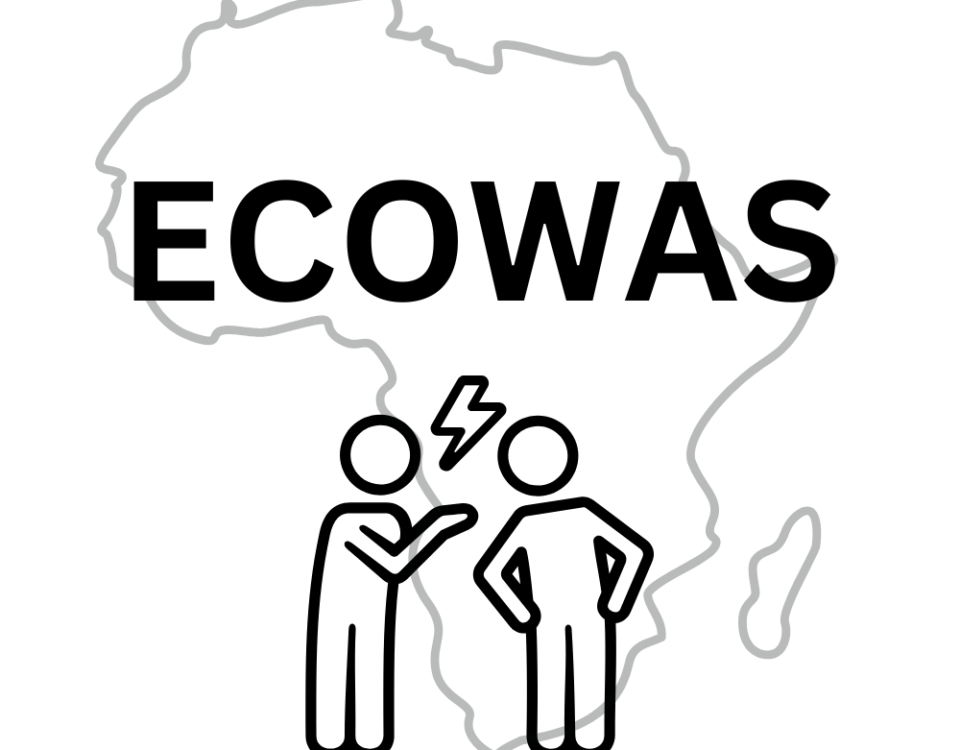Critical Points on the USA and Their Potential Intentions Behind Investments in Angola
The Biden administration’s promotion of US investments in Angola is presented as a step toward supporting economic development and strengthening transatlantic dialogue. However, such measures are likely driven more by strategic and geopolitical motives than the officially communicated goals. A closer examination of these investments raises critical questions, revealing both opportunities and potential contradictions.
Geopolitical Rivalries and Securing Interests
A primary motivation for strengthening ties between the US and Angola is likely the growing influence of China and Russia on the African continent. Over the past decades, China has become one of Africa’s largest trading partners, investing heavily in infrastructure, mining, and energy projects. At the same time, Russia has reinforced its foothold, particularly in the security and resource sectors. Faced with this rivalry, the US may view its investments as an avenue to influence the geopolitical balance and secure its presence in Africa.
The United States might aim to position Angola as a strategic partner to strengthen its economic links with southern Africa while countering the expanding Chinese and Russian influence. However, such ambitions could potentially conflict with Angola’s national interests, as the country has traditionally benefited from diverse international partnerships.
Access to Natural Resources
Angola is one of Africa’s largest oil producers and boasts significant reserves of minerals like diamonds. Promoting investments could also be a means of ensuring access to these natural resources for the US economy. Although economic diversification is highlighted as a key goal for Angola’s future, the oil and resource extraction sectors often remain the primary focus for foreign investors.
A critical point is whether the US genuinely seeks to help Angola build a sustainable and diversified economy or whether its focus lies on short-term economic gains and resource acquisition. If attention remains concentrated on the resource sector, Angola’s efforts to strengthen its economy and drive social change might be sidelined.
Influence on Regional Politics
Through a stronger economic presence, the US might also seek to exert political influence in the region. Angola’s geographic location and economic significance make it well-placed to act as a bridge to other countries in southern Africa. However, attempts by the US to advance its own political interests could lead to tensions within the region or within Angola itself. Any actions perceived as interfering with national sovereignty could undermine trust in the United States and prove counterproductive.
This raises questions about whether the US genuinely prioritizes social and political stability in the region or whether it views Africa more as a stage for implementing its global strategic ambitions.
Discrepancy Between Goals and Realities
While the US presents its partnership with Angola as a basis for mutual growth and development, there appears to be a potential gap between the stated goals and the actual intentions. Measures promoting transparency, governance, and accountability could undoubtedly have positive effects. However, without genuine commitment and long-term strategies, they risk being dismissed as superficial PR gestures.
One indicator would be whether US investments target key sectors such as renewable energy, education, or infrastructure—areas capable of fostering sustainable economic growth. If these kinds of investments are absent while resource extraction and short-term profits prevail, this could signal a lack of balanced intentions.
Positive and Negative Aspects of Investments
Objectively, there could be positive effects from US investments in Angola. Jobs could be created, infrastructure modernized, and long-term stability promoted. However, critics argue that such investments might instead deepen economic dependencies, exacerbate social inequalities, and spark conflicts over resources—especially if they are not adequately regulated or sustainably planned.
Ultimately…
The promotion of US investments in Angola raises valid questions about the underlying motives. While deeper economic cooperation offers opportunities for both parties, it remains unclear whether the US acts as an equitable partner or primarily pursues its geopolitical and economic interests. For Angola, the challenge lies in ensuring these investments deliver not just short-term gains but also pave the way for sustainable economic independence and social stability.
A vigilant and critical approach to these developments is essential to ensure that this collaboration does not merely serve as an instrument of geopolitical interests but brings genuine benefits to Angola and the region.






